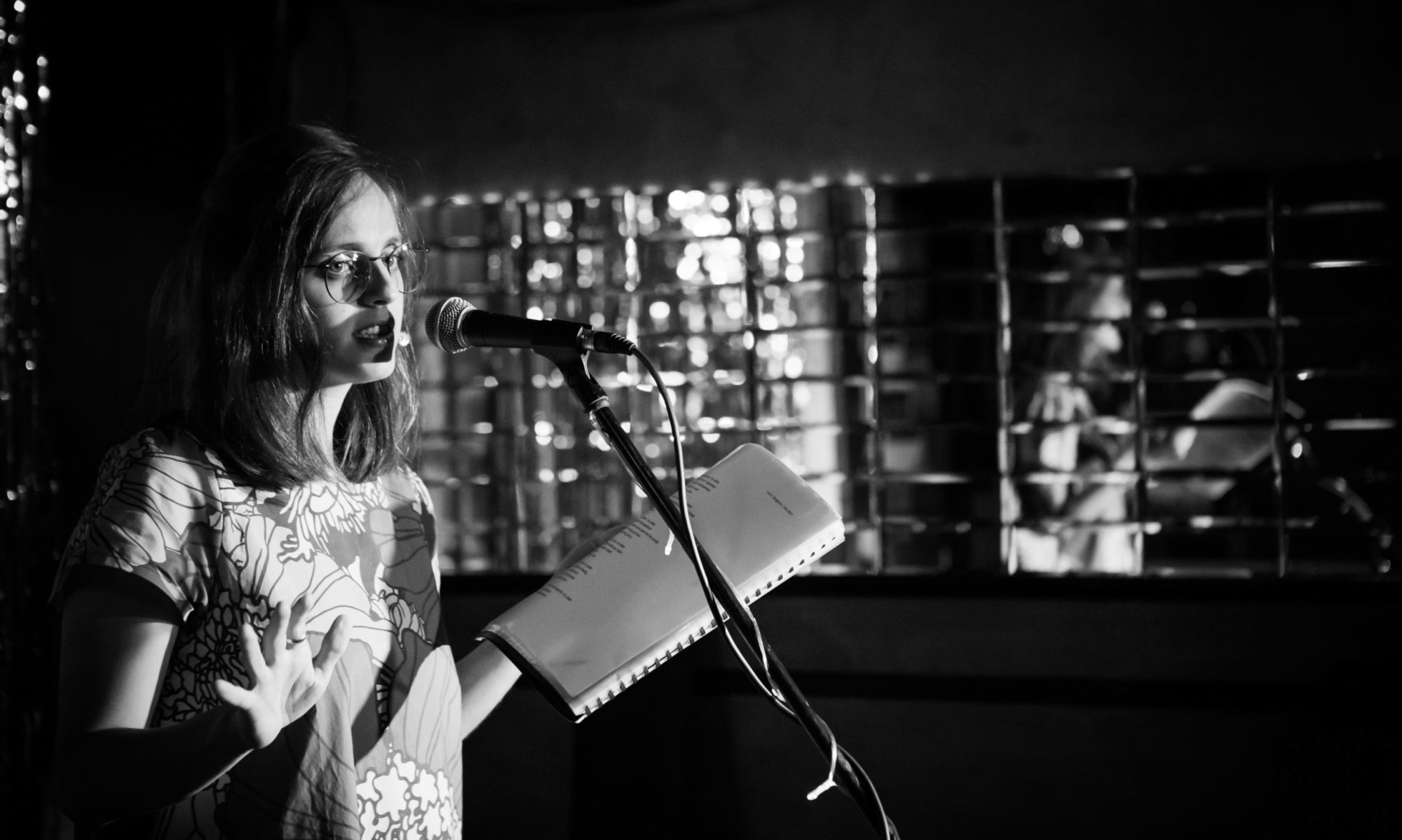Last night my yellow hand-made bookmark lost its place inside Growing Up Disabled In Australia (GUDIA). I spent a good ten minutes trying to remember where I stopped the previous night, before realising – I finished it already. That was disappointing. GUDIA is a book I never wanted to end. It kept drawing me back in, for more. And when I finished, I wanted to go back to the start and read it again. With so many poignant components, it became the fastest anthology I’ve ever read.
I loved so many pieces in the book, and strongly related to the majority of them. That rarely happens when you’re a disabled person. Well, maybe now it’s going to happen more.
It was important to me to write about this, because the gravity of publishing this book cannot be underestimated. For many people, this would be the first time they see themselves represented in Australian literature. For many disabled people, there’ll be moments of first – first time someone accurately expressed their feelings, experiences or thoughts. First time someone found an accurate metaphor for living in a body that others see as broken. First time someone shone beautiful and colourful lights on their bodies, souls, sorrows and joys.
Admidtingly, I’ve previously read other anthologies by disabled people, published overseas. Even so, I found GUDIA to be unique and broad in terms of topics covered, as well as types of disabilities. I’ve learnt new things, laughed, teared up and folded far too many marks – I wanted to highlight and return to most pieces. No doubt I will be reading most of the stories and poems again. I found parts of my story in many pages of the book, and felt so deeply seen by various authors’ expressions of struggling with ableism in its many forms. I enjoyed the caricature story and the poems, which nicely broke the sequence of the essays. The diversity within the experiences, writing styles and emphases was excellent, and I particularly appreciated the cultural diversity within the texts. The various ways in which ableism is exposed and challenged are so fundamental – to understanding ourselves as disabled people and for people living alongside us to learn what it’s like.
Some particular lines, metaphors and ideas are still in the back of my mind. I won’t name favourite pieces because there were too many, but my favourite themes were fighting internalised ableism, detailed and relatable descriptions of medical ableism in the system and in families, and disability pride and joy in various forms including speaking up, connecting with the disability community, sewing parachutes and dressing for a disabled life – a well lived life.
The only thing I would have liked to see in the anthology were content notes or warnings. I’ve seen those in one previous disability-focused anthology and felt they were helpful. There are essays that mention for instance self-harm, medical ableism, bullying etc – so a little specific info like that could have been useful.
If it’s not clear by now, I highly recommend everyone read this book. But in particular, if you work in the disability field, health, or the education system, and/or if you have a child with a disability – you must read this book.
A book like GUDIA, where disabled people’s experiences are the centre, can and will change everything. It may finally make someone’s penny drop about giving their child choices in their treatment. It may generate empathy where there is none to invisible pain and trauma. It may probe a health professional or a friend to ask about how someone is experiencing their disability, rather than assuming. It may teach a parent or a teacher to explore disability with their able-bodied little humans, and provide language for disabled people to ask for help or explain how they’re feeling. It may plant a seed of hope in the heart of many who feel alone, and shine a light down a path where their experiences are validated and others are confident to reach out a hand.
This is how a book can change everything.
Until next time,
Liel K. Bridgford
P.S. this book has been edited by Carly Findlay and published by Black Inc. Books.
